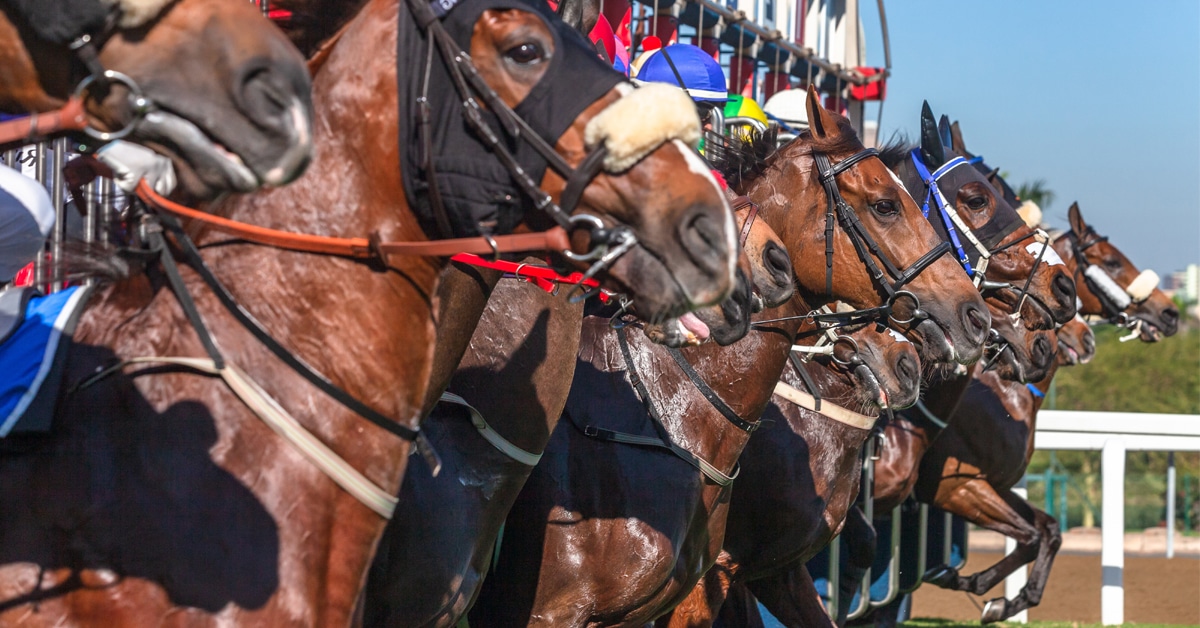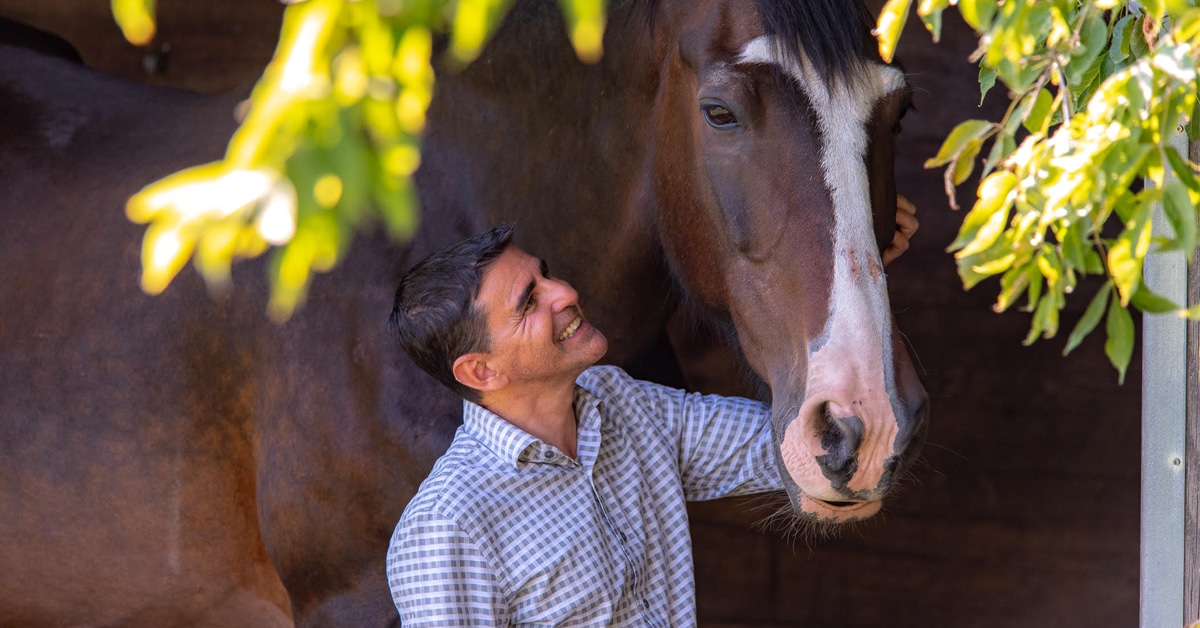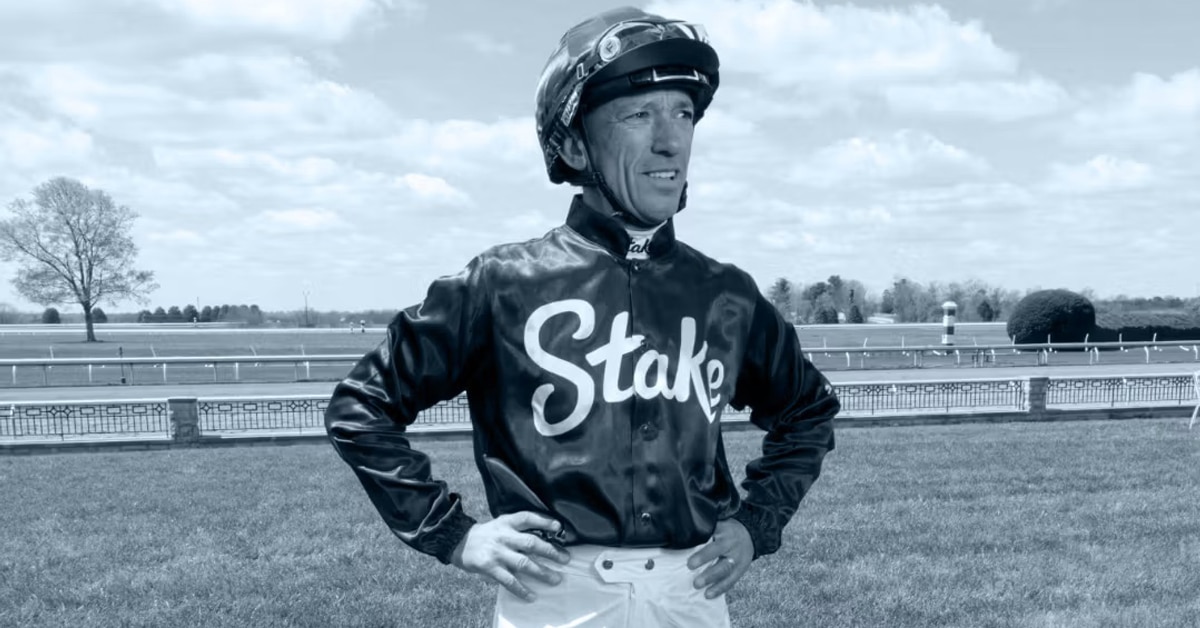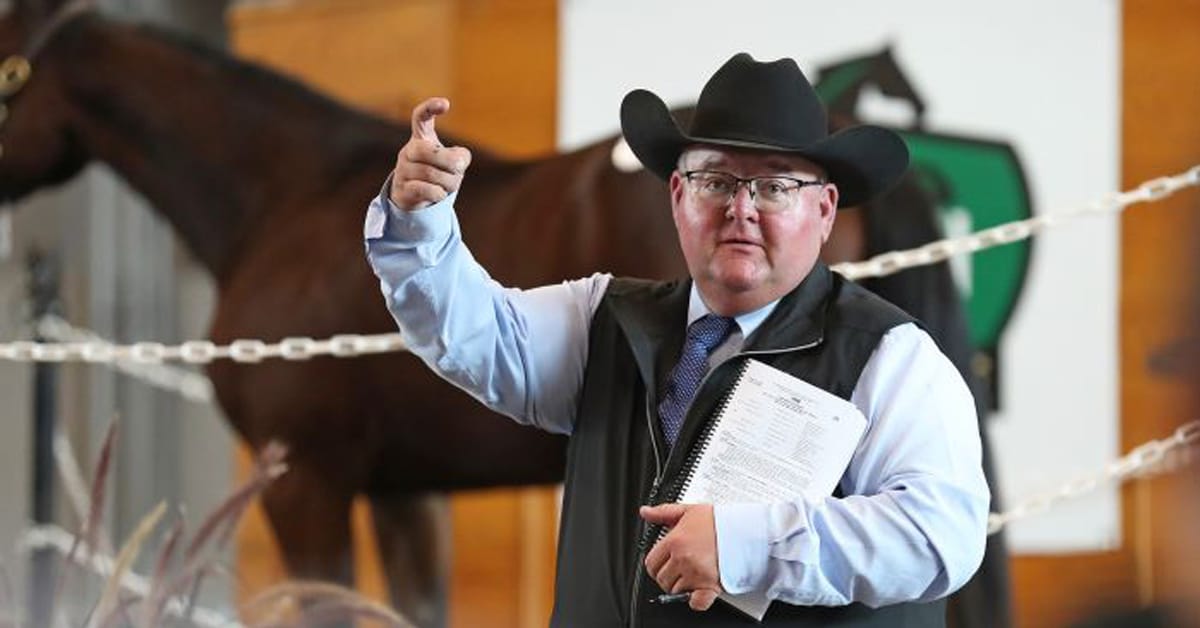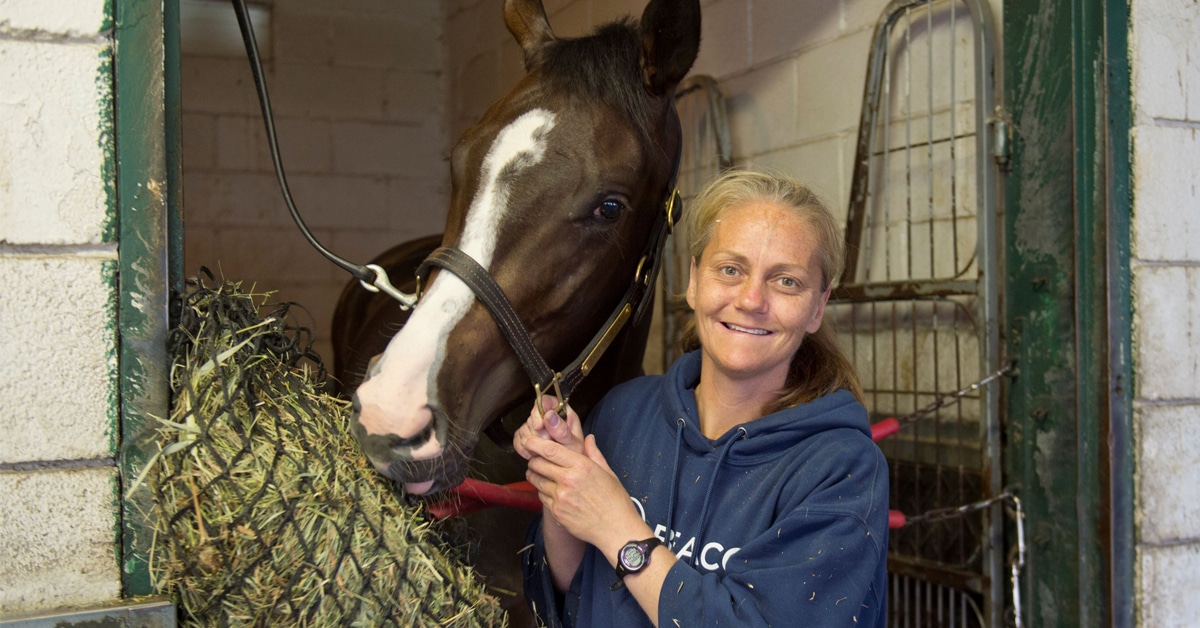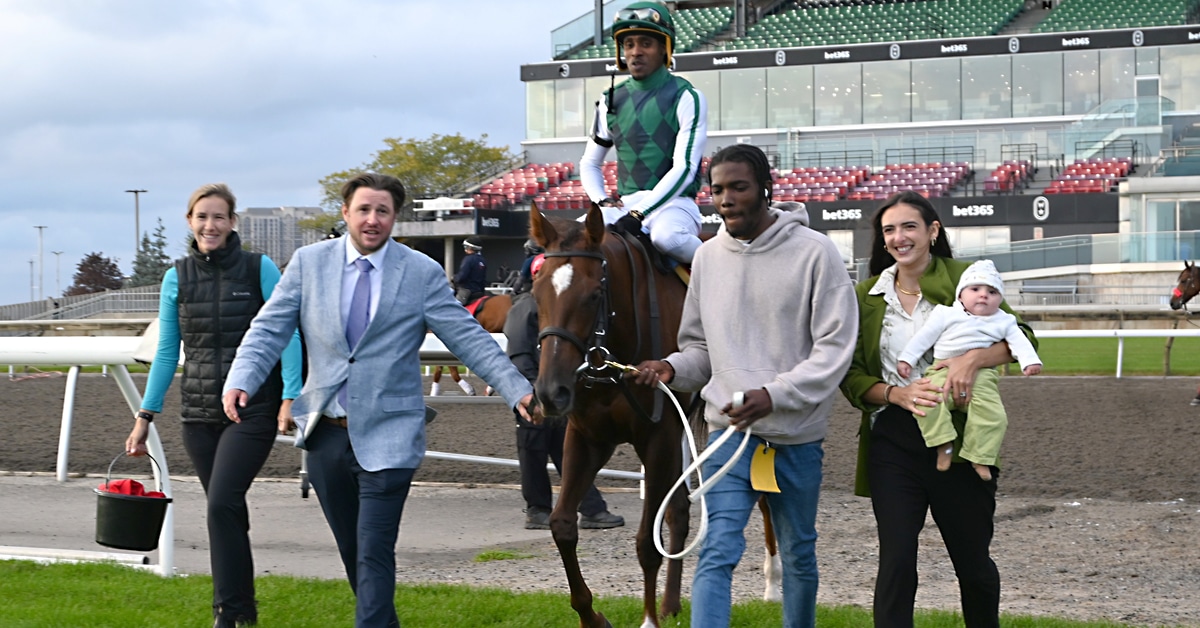Since taking out her trainer’s license in 1994, Catherine Day Phillips has not only perfected her career to become one of the country’s top horse conditioners, but she has also been a leader in forming racing syndicates.
A third generation equestrian and horse conditioner, following her grandparents C.F. W. Burns and Janet Wilson and mother Dinny Day, Day Phillips grew up with horses on the 75-year-old Kingfield Farm, founded by Burns. She operates the 150-acre spread in King City with husband Todd Phillips and is a steward of the Jockey Club of Canada.
Day Phillips has trained champions such as Grade 1 winner Jambalaya, Horse of the Year A Bit O’Gold and Woodbine Oaks winner Neshama, among others.
A Bit O’Gold was one of the first major syndicate success stories for Phillips who has brought new people into the industry by forming partnerships in horses bought at auction.
What are the most critical challenges facing the industry in Canada today?
“There are four areas of the industry that I believe are the most crucial for horse racing in this country today: public image, visibility, tax issues and the decline in the foal crop.”
What needs to change about the industry in the next 5-10 years?
“We really need to improve our sport’s public image. Racing needs to be seen by the public as the exciting, thrilling sport that it is with beautiful equine athletes front and centre. In 2019, we were inundated with negative racing stories related to the breakdowns in California. PETA’s campaign to end horse racing has done incredible damage that we must try to reverse.
“In Canada, I believe that tax reform could really help to our industry by giving tax breaks to horse related investments. As one owner once said to me, if he wanted to invest $100,000 into a new horse, he had to earn $200,000 before his taxes. Currently under Section 31 he would have a tax benefit of approximately $18,000. If we could significantly increase this level, we would have an additional reason to invest in the industry along with the pure love of the sport. The Jockey Club of Canada is working hard on reform to Section 31 and as a Steward of the Jockey Club, I am in full support.”
How can you help affect that change?
“Personally, on social media sites such as Twitter, Facebook and Instagram, I try to post interesting pictures of our horses racing and training and behind the scenes such as bathing, grazing and sleeping. For 2020, I would like to make an effort to really escalate these efforts. I encourage everyone who loves horse racing, to keep the good stories coming.
“I continue to support whip reform. I think we do so much damage to our sport’s image with the public when they see horses being whipped to the wire. At Woodbine, last fall, we experimented with how the riders hit their horses. I think this is a significant start, but I would like to see strong hand riding encouraged and the number of actual hits limited. I do not believe whips should be prohibited due to safety reasons, but their use most be more regulated to improve our industry’s public image.”
Where do you see the thoroughbred industry in Canada in 10 years?
“Without significant change, the thoroughbred industry in Canada is in trouble. We are losing owners and breeders at an alarming rate. The Ontario thoroughbred foal crop is dropping at an alarming rate; in 2017 it was 875, (in) 2018 (it was) 495 and reported for last year, 377. The result of a smaller foal crop will be less racing; we can expect a significantly shorter race meet in the future.
“In late fall of 2019, Ontario Racing announced a Mare Purchase Program and a Mare Recruitment Program, both designed to offer incentives and bonuses for thoroughbred owners and breeders. It is hoped that these incentives will help reverse the sharp decline in foal crop numbers.
“I love horse racing, it has been a part of my life for as long as I can remember. I feel very fortunate to work with amazing animals. I am surrounded by people who feel the same. We have amazing owners who love their horses so much, and our staff is incredibly dedicated to the horses for which they care. It scares me to think that my sons may not be able to pursue a career in thoroughbred horse racing, with where our industry is headed. I hope that as a community we are all able to change the course that we are currently on.”
The Latest

